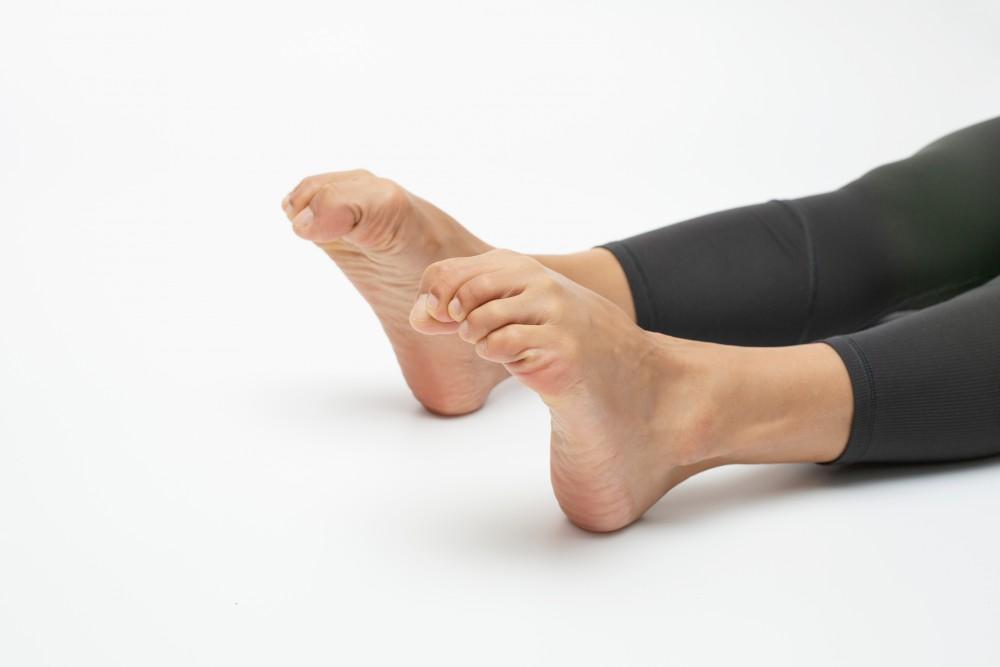
Does Running Cause Knee Problems?

When you run, you put up to four times your bodyweight of pressure on your knees. While you might think this accelerates or increases wear-and-tear in your knees, leading to osteoarthritis and injuries, this isn’t necessarily the case.
Our team of orthopedic surgeons at Bahri Orthopedics & Sports Medicine Clinic in Jacksonville, Florida, provides expert sports medicine services and diagnosis and treatment for knee problems for athletes. We believe that running is an excellent exercise and offers multiple benefits.
The short answer — no
It’s a myth that running damages your knees or causes arthritis. Regular exercise strengthens the muscles and connective tissue that support your knees. It also boosts circulation in your legs, which keeps your musculoskeletal system and nerves healthy and functional.
Running is also an incredible calorie burner that can help you lose weight or maintain a healthy weight. Staying within a healthy weight range reduces your weight-bearing joints’ overall stress and reduces your risk for many other health issues.
Studies also show that runners are less likely than non-runners to have knee pain. They’re less likely to have signs of arthritis.
The long answer — not if you run correctly
However, if you run incorrectly or don’t take time to recover after strenuous workouts, you increase your risk of injury.
Your running form, from the way your foot strikes the ground, the length and cadence of your stride, your hips, posture, and the swing of your arms, can affect your body’s stress and injury risk.
For example, if your feet twist or roll as you strike the ground and push off, it can trigger biomechanical abnormalities in your feet, ankles, knees, and throughout the rest of your body. Over time, even minor irregularities can stress your joints, ligaments, tendons, and muscles, either causing a repetitive strain or an acute injury.
You can also increase your risk of injury if you run too much, too soon. Often, runners add miles too rapidly, which increases your risk of pain and injury. Different training programs recommend slightly different approaches to add mileage. The two common themes are to add distance slowly only 5-10% every week or other week and to take rest days.
Rest is critical to protecting your knees and becoming a better, stronger runner. You should only run 3-4 days a week. Besides taking a day off and active rest days with low impact, gentle exercise, you can also have cross-training days with swimming, biking, or weight training.
What to do if your knee hurts
If your knee hurts, take a couple of days to rest. Use ice, heating pads, and over-the-counter anti-inflammatories to manage your discomfort. If your pain persists or worsens, make an appointment with our team here at Bahri Orthopedics & Sports Medicine Clinic, PL.
We diagnose and treat chronic and acute knee injuries. Our orthopedists provide customized treatment plans implementing state-of-the-art therapies, including platelet-rich plasma (PRP) injections, other joint injections, and arthroscopic joint surgery.
We will help you recover quickly and safely, so you can get back to running and your other activities.
In summary, running is an excellent exercise that can help your knees stay strong, supple, and healthy. But if you have knee pain, call or schedule a consultation online with our orthopedic specialists today.
You Might Also Enjoy...


Fracture Care: Nonsurgical Options vs. Surgery

Am I a Good Candidate For Shoulder Replacement?

Staying Active With Knee Osteoarthritis: Our Top Tips

Struggling with Ankle Instability? Here's How to Avoid Future Sprains


